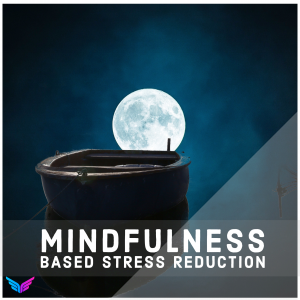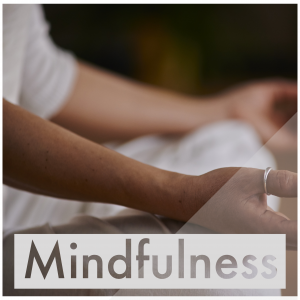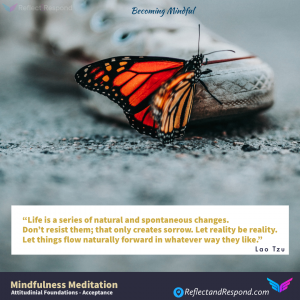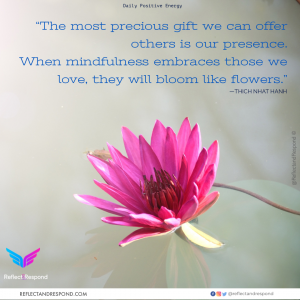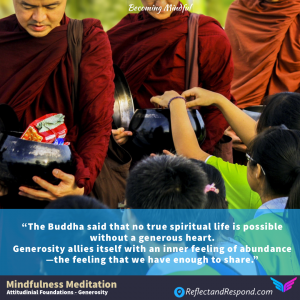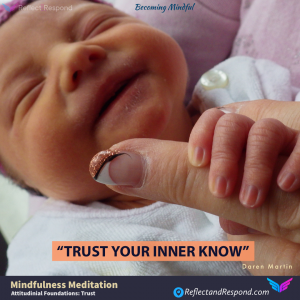What is Mindfulness based Stress Reduction (MBSR)?
Mindfulness based stress reduction or MBSR is a technique in which you use Mindfulness as a practice and by doing so it helps to reduce stress.
How Mindfulness Meditation helps to Reduce Stress?
We all experience Stress! Let’s look at what are the how Mindfulness can help to reduce Stress and Anxiety.
Stress often is commonly referred also as tension, pressure, strain, nervousness, worry and suffering.
I think it would be right to say that all of us, in some phase of our lives we have succumbed to stress. Be it passing an examination, acing an interview, starting a new venture, incorporating uncomfortable lifestyle changes; stress is a characteristic emotion of nearly all major life events in our lives.
But is stress really as vicious as we assume it to be?
Carrying out a simple critical analysis, individuals who do not succumb to stress are often deemed as careless. Would you really be able to prepare so well for that exams had you not experienced some degree of stress? In medieval times stress was instrumental in safeguarding our evolution. Stress generates a specific biological response in our bodies that makes it possible to fight or prepare for potential dangers. So why do we look at stress so negatively?
Just like, in small proportions the common salt is essential for human health but can become catastrophic in large proportions, stress draws a similar analogy. Whereas a controlled degree of stress is essential to our bodies and elemental in developing flight or fight responses, when left uncontrolled it can cause chronic conditions. Long-term and high degrees of stress increase the chances of many health hazards and interferes with our ability to carry out daily life events efficiently. Circling back to our initial example, taking upon undue stress to prepare for an examination will deter us from chalking out an effective study plan.
What happens to our bodies in times of excess and chronic stress?
The amygdala in our brains produces a specific response when exposed to potential threats or stressors. However, if we undergo long-term or continuous phases of unmanaged stress, the amygdala produces the said response to even frivolous or daily life happenings. The response which was to be ideally generated in high-risk events now gets generated even in events like misplacing your keys. Unmanaged stress conditions our brain responses to be elicited without due causes. This is where stress can get detrimental and force our brains to produce unregulated responses.
Hence, the need to manage stress efficiently is imperative. If left uncontrolled stress can lead to anxiety, depression and also a variety of cardiovascular diseases. One effective yet relatively easy method to manage stress that has gained momentum in the last few decades is Mindfulness Meditation.
How does Mindfulness Meditation affect Stress?
Or How does Mindful Meditation help to reduce Stress and Anxiety. Mindfulness practice and expertise is associated with a decreased volume of grey matter in the amygdala, a key stress-responding region (Ireland, 2014). With as little as ten minutes of practice a day, individuals are able to not only manage their stress more adeptly but are also able to increase their awareness thereby, encouraging their brains to produce more rational responses.
Mindfulness-Based Stress Reduction (MBSR), has become one of the most popularly used techniques in not only managing stress but also in cultivating overall positive effects on our psychological well-being. A controlled study substantiated this claim by conducting findings that suggest that participation in MBSR is associated with changes in gray matter concentration in brain regions involved in learning and memory processes, emotion regulation, self-referential processing, and perspective taking (Holzel et al., 2010).
Mindfulness-Based Cognitive Therapy (MBCT) has also proven to be twice as effective as anti-depressants and highly effective in preventing relapse into depression upon administering it for eight weeks.
In events of high stress, our bodies produce increased levels of the stress hormone cortisol which subsequently produces an unregulated inflammation response. In another study conducted over eight weeks, mindfulness meditation subsequently helped reduce this said response and promoted overall awareness and well-being (Rosenkranz et al., 2013).
What is Mindfulness Meditation?
Mindfulness Meditation focuses on the principle of Being Over Doing. When we merely exist without conscious thought on performing an action, we are able to manage our emotions much better.
The purpose is not to eliminate stress! But to manage it in such a way that it does not hinder us from our daily activities or rather, deters our physical or psychological selves. By simply changing our mindsets towards stress, we can instill positive changes in our lifestyles.
Moreover, with a simple focus on our physical responses we are able to perceive the changes our bodies go through in times of distress and are hence, able to alter or control them.
By focusing on calming or tranquil thoughts, we are reinforcing positivity into our bodies and trying to eliminate negative thoughts about stress. Once we shift our focus, we often realize how inconsequent some of our stressors really are.
Mindfulness meditation also promotes a more enhanced self-perception, with a more positive outlook on life. Long-term meditation also improves our physical health by significantly reducing the strain on our heart, which helps in managing cardiovascular diseases that we discussed earlier.
Hence, mindfulness meditation is a great way to not only alleviate stress but to also enrich our lives with feelings of positivity, kindness and awareness. It involves little time, no cost and no pre-defined frameworks.
Contrary to popular beliefs, you can practice meditation sitting or lying down, in your room or in your workplace, you can augment it with meditation boosters like aroma oils/ tranquil music or you can simply let your mind wander. Many scientific studies have proven that mindfulness meditation leads to decrease in stress and creates substantial differences in the grey matters of our brains.
“Mindfulness is moment to moment, non-judgmental awareness.” -Jon Kabat Zinn , Ph.D. (1990)
What can you do as a next step to learn and practice Mindfulness?
Keeping all this information in mind, I would like to encourage you to try techniques like Meditation for yourself. Give yourself time. You can start even with simple Breathing Meditation for 5 minutes. You will be amazed on how Mindful Meditation can help to reduce Stress and Anxiety, this is how you can practice Mindfulness based Stress Reduction.
When you first start off, you will get bored or lose focus- and that is okay. It is a habit that develops with practice but once it does you can almost visualize the beautiful aura it transpires into. Mindfulness Meditation is not associated with any one religion, culture or society- it is a construct that helps us enrich our lives with more positivity.
Once you start this practice, you will experience that mindfulness will have its own influence on you, somebody might be able to even fight off addictions while somebody else benefit from improved patterns of sleep. Mindfulness meditation works differently for everyone, albeit positively, and your experience will be entirely exclusive to yourself. The more goodness you manifest, the better chances you have at managing your stress and leading a more wholesome life.
BOOKS on Mindfulness based stress reduction or MBSR
One of the best book to read on Mindfulness based stress reduction or MBSR is Wherever You Go, There You Are by Jon Kabar-Zinn.
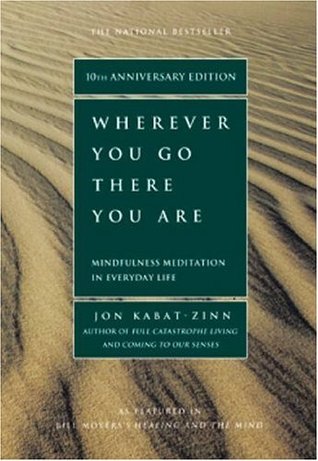
Jon Kabat-Zinn PhD, is considered the founding father of mindfulness-based stress reduction, as he created the practice in the 1970s.
Jon is internationally known for his work as a scientist, writer, and mindfulness meditation teacher. Jon developed the formal mindfulness practice and his dedication has brought mindfulness-based stress reduction (MBSR), into the mainstream of medicine and society.
Quotes on Mindfulness based stress reduction (MBSR)
Our Top Quotes for Meditation to help you reduce Stress
“You can’t stop the waves, but you can learn to surf.”
“Mindfulness practice means that we commit fully in each moment to be present; inviting ourselves to interface with this moment in full awareness, with the intention to embody as best we can an orientation of calmness, mindfulness, and equanimity right here and right now.”
“The best way to capture moments is to pay attention. This is how we cultivate mindfulness. Mindfulness means being awake. It means knowing what you are doing.”
“Just watch this moment, without trying to change it at all. What is happening? What do you feel? What do you see? What do you hear?”
“Give yourself permission to allow this moment to be exactly as it is, and allow yourself to be exactly as you are.”
“From the perspective of meditation, every state is a special state, every moment a special moment.”
“So, in meditation practice, the best way to get somewhere is to let go of trying to get anywhere at all.”
Quotes by Jon Kabat-Zinn author
of “Wherever You Go, There You Are” and founder of Mindfulness based stress reduction or MBSR

